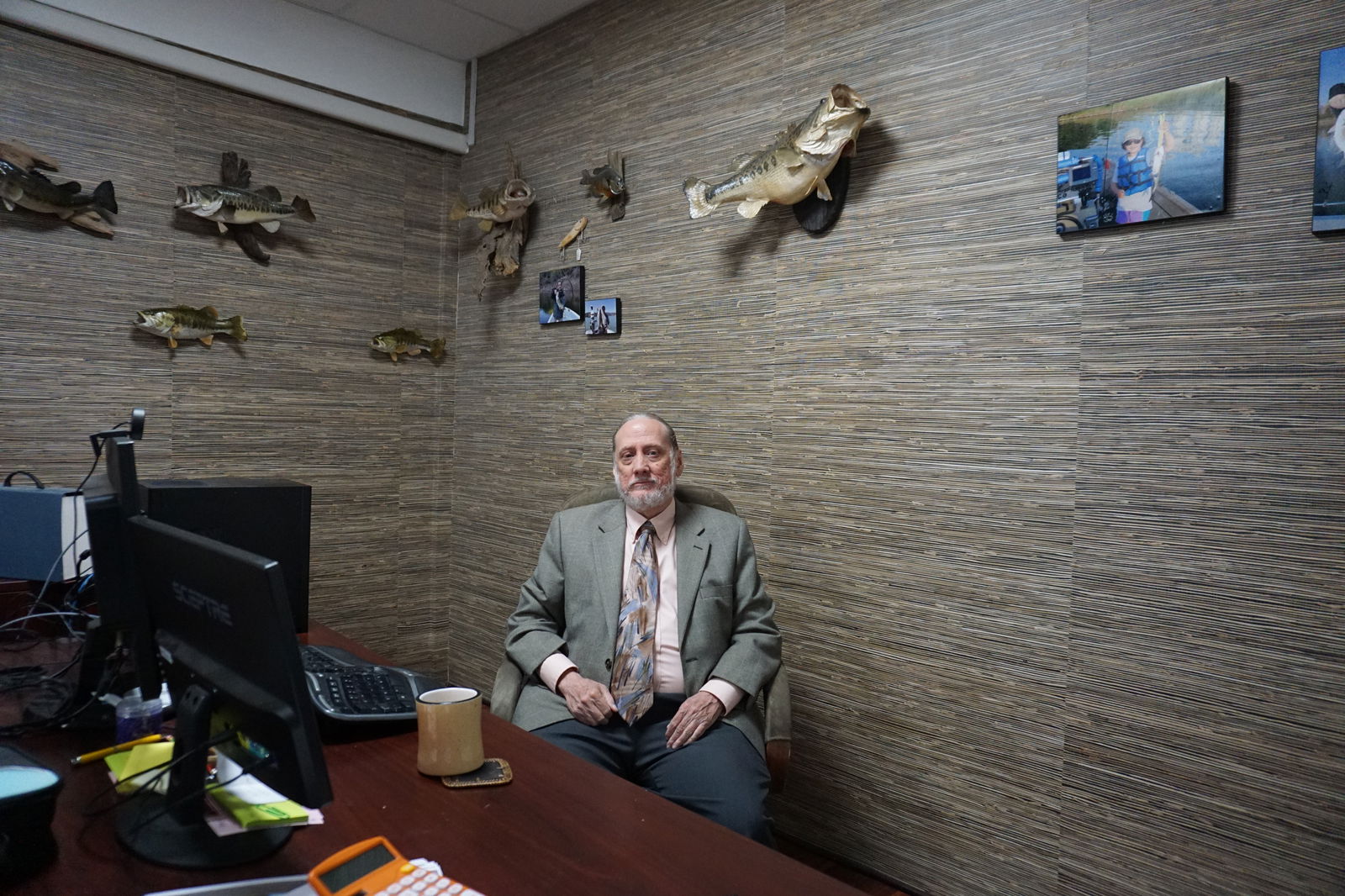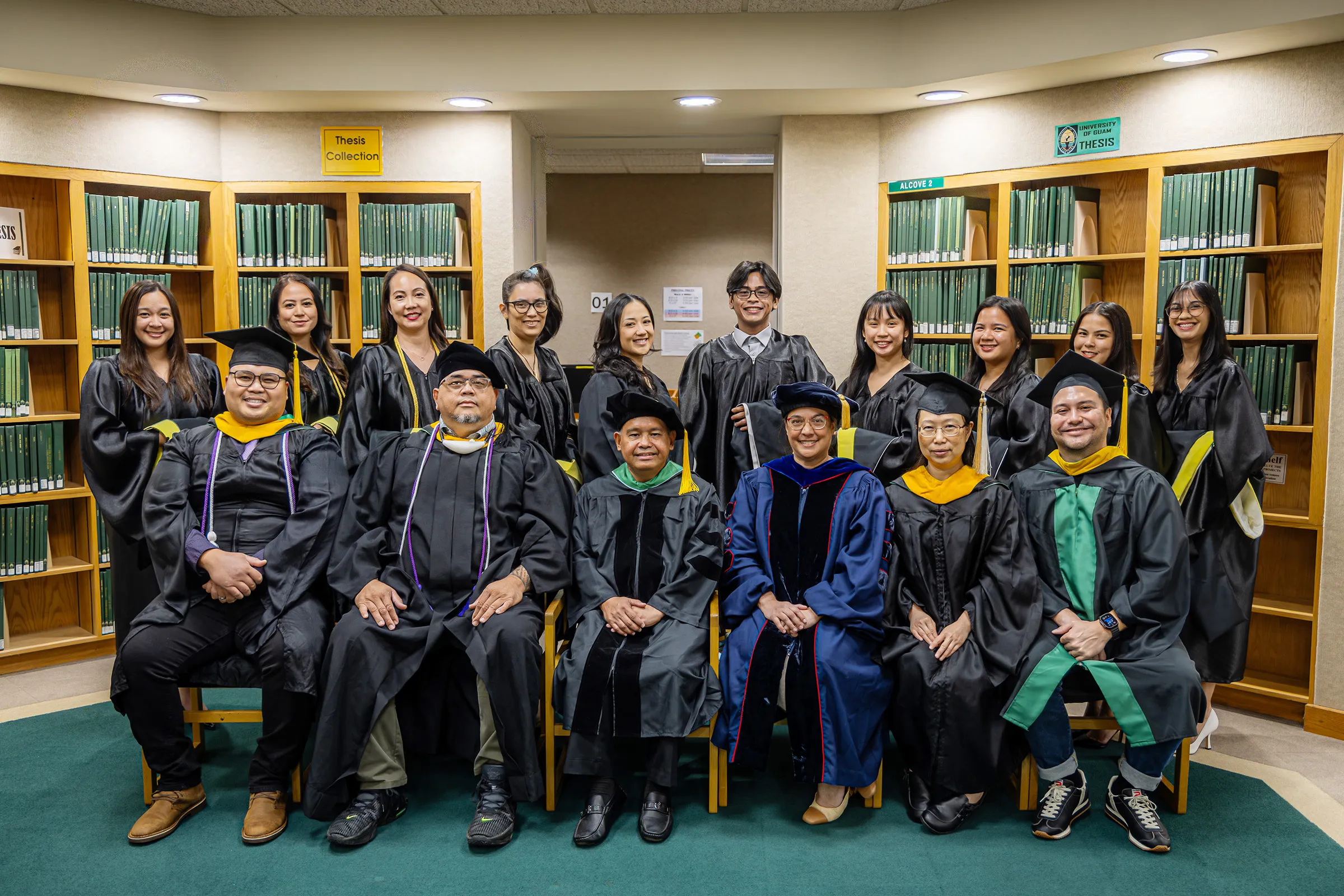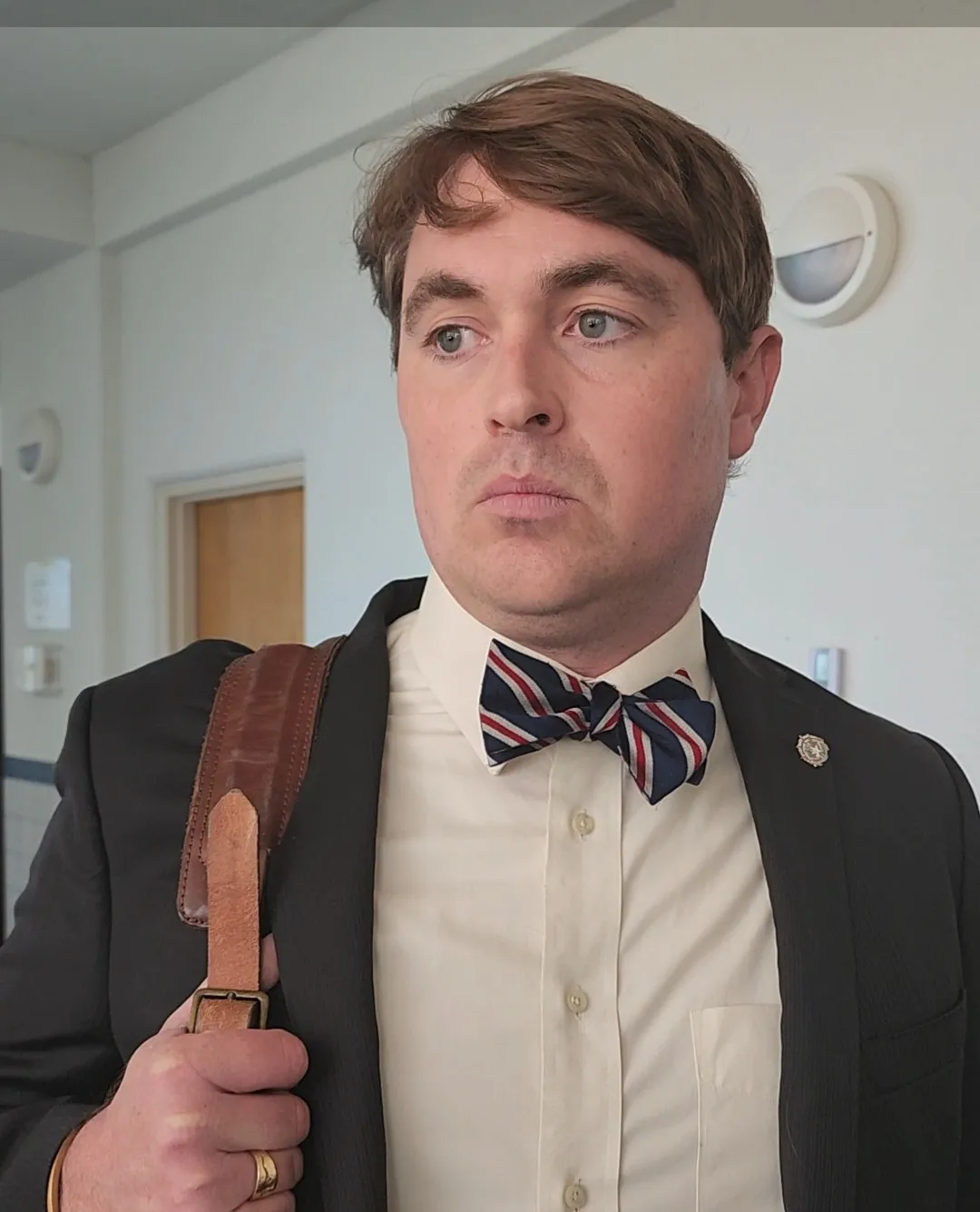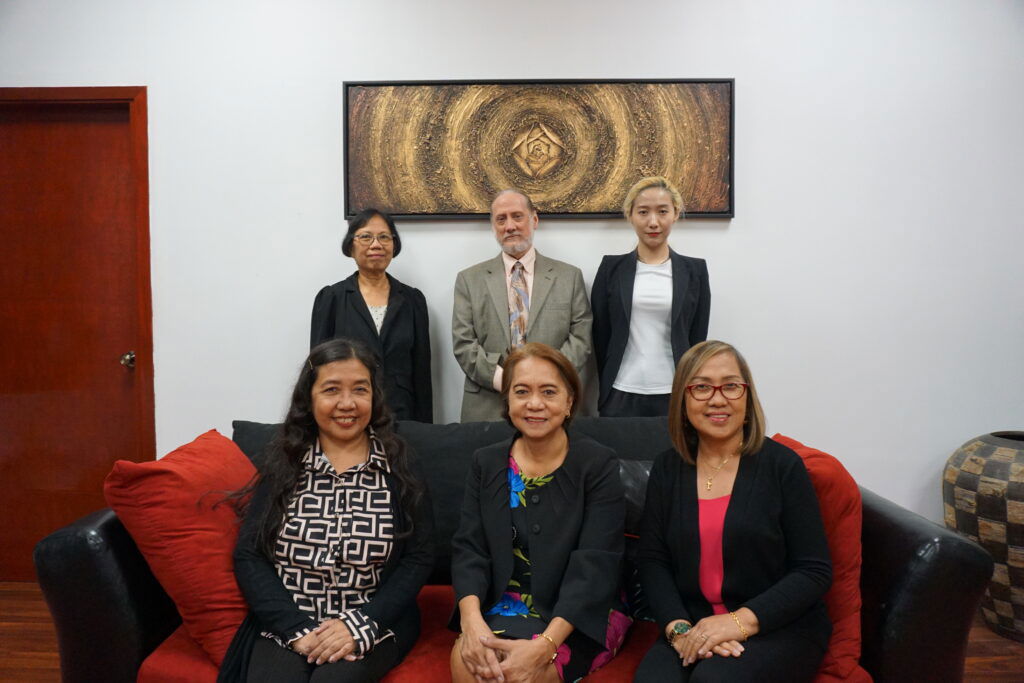
Dotts Law Team
In a person’s twilight years there are many ways to manage an estate so that descendants can be taken care of, and everyone can have peace of mind, but if you ask attorney Michael Dotts, whose office is located in Oleai, along Middle Road, clients need to do whatever possible to avoid probate court.
“The fundamental rule is avoid probate if you possible can,” Dotts says in an interview with Variety. “You should try to not have to go through the probate court process, because probate costs money, takes time, is stressful, and there often problems that arise in probate.”
As an attorney with years in the business handling probate cases, Dotts is filled with stories that demonstrate why clients should steer clear of probate court when they can.
In the first place, Dotts points out that attorneys bill probate cases on an hourly basis.
“Attorneys generally cannot take a percentage fee [in probate cases]. So, it can create a real burden when a client has to pay by the hour.”
And even when probates go routinely, with no family emotions complicating the court proceedings, there are many steps involved in the probate process.

Michael Dotts
Dotts says the court will need a designated representative for the estate. If there is a will, that person is called an executor or executrix. If there is no will, that person is called an administrator or administratrix.
When there is no will the administrator or administratrix must be a resident of the CNMI, which Dotts points out can be a problem as many families live off island. This potential administrator petitions with the court for an appointment to be appointed administrator. Dotts adds that a public notice needs to be created for this appointment hearing to allow people to object to the administrator if they feel obliged to. Dotts says that publishing a public notice in the newspapers can be its own delay. However, if no one objects, and the court approves of the administrator, the administrator then gets to “identify all the assets” according to Dotts. There are also the issue of creditor claims on an estate that the new administrator has to deal with.
“A common creditor claim is the hospital,” Dotts says. “Other common creditors are banks. The creditors present their claims to the administrator or the court, and the administrator needs to deal with how legitimate creditor claims will be paid.”
From that point, the administrator creates an inventory identifying all of the assets and recognized claims. Then the administrator prepares with the attorney another notice to close the probate case and distribute the remaining assets after paying the claims.
“If there is a will it will determine who gets what after payment of the claims. If there is no will, then there is a statute and probate court rules that set out who inherits what. Also, if all of the heirs agree, the court will follow as much as it can what the heirs want to do to close the probate,” Dotts details. “And if everything goes well, then the probate will close properly, the creditors will be paid, and the assets will be distributed, and you’re done. “
But unfortunately, probates don’t always “go well.” Sometimes, probates are fraught with drama.
Quoting probate court Judge Joseph Camacho, Dotts describes some probate hearings as “divorces on steroids.”
Dotts tells Variety about an infamous probate case on Saipan that spanned nearly three decades.
Furthermore, in the CNMI, traditional adoption issues can come into play when divvying up properties in probate court.
Dotts explains that Chamorros sometimes “poksai” their young relatives. The word “poksai” translates to “adopt or raise” in Chamorro. For Carolinians there is a similar concept of mwei-mwei. Dotts explains that customary adoptions can become complicated issues in probate court where one part of the family asserts that no customary adoption actually occurred and essentially a trial with witnesses testifying will be required to determine if there was a customary adoption.
And therein lies the issue, because when it comes time to decide who gets what from an estate, a rift can appear between naturally born children and children adopted according to custom.
Dotts also says that in the CNMI, probate law only took effect in 1984. There are certain manåmko who do not automatically think of probate issues, according to Dotts. However, he also adds that locally, people just “don’t do probates.” This means several generations can pass before a probate is finally done, and by that time evidence can be lost involving assets and heirs.
He explains that in some cases, people in the CNMI will verbally convey their properties to their descendants. The original landowner, without going to the court, will designate specific properties to the descendant of his or her choice, and no one will fight. The descendants in turn will not go to the court and continue to verbally convey property to descendants, and families will stay civil about conveyances.
The issues sometimes arise when investors come on island to develop properties. In the eyes of the court, if a property didn’t go to probate, or get conveyed in a deed of gift, or get set up in a trust, that property belongs to the original landowner, even if that original landowner has been dead for many years.
So, an investor, looking to purchase or lease property, can’t do so until the family goes through the entire probate court process, which, as we’ve mentioned above, can have families at each other’s throats if things get emotional.
Dotts says to avoid such issues, it’s highly advisable for property owners to legally convey their property while they’re still alive; create wills; or establish trusts.
“[Property owners] can actually distribute the property before they die,” Dotts says of avoiding probate. “If they give away their property before they die, and provide for the payment of their bills, then there’s no need for probate. And there are ways to give away the property that can protect mom and dad. For example, they could give away their house, but reserve what we call a ‘life estate.’ So as long as they’re alive, it’s their house. But then when they pass away, automatically, it goes to whoever they designate, and so there’s no need for probate.”
As for wills, Dotts says these legal documents are very helpful if probate court can’t be avoided for whatever reason–such as if a person were to die unexpectedly.
“If you have a will, it makes probate much simpler and less expensive,” Dotts says.
He mentions that in a will, clients can adjust the assets their descendants or living spouse gets under the probate settlement. Clients can even cut family members out of wills, if they feel the family member would be irresponsible with the asset or for personal reasons. “It is not uncommon for one child to get nothing under a will because the parent provided for them before the parent died,” Dotts said as an example.
When it comes to trusts, Dotts suggests landowners create them if they have “complicated” properties. He clarifies that if a person has a mix of three or more properties, where some are income producing while others are “raw land” or have any other host of managerial issues, it might be best to set up a trust.
“When you set up the trust, you’ll set up the plan for who are the initial trustees, who are successor trustees, and how trustees are selected,” Dotts shares. “You can set that up while you’re alive. It’s very common to have a trust that will just last a certain period of time, like 10 or 25 years. That trust is going to operate all your property. That allows children to mature, and for your property to be managed for the benefit of everybody. And then at the end of term the trust dissolves and the land is distributed to the individuals.”
“Probate is something we all need to think about,” says Dotts. “To help your family, as much as you can avoid a probate by conveying property before you die. Do this with the help of an attorney to protect your own interests. And at a minimum, have a will.”










